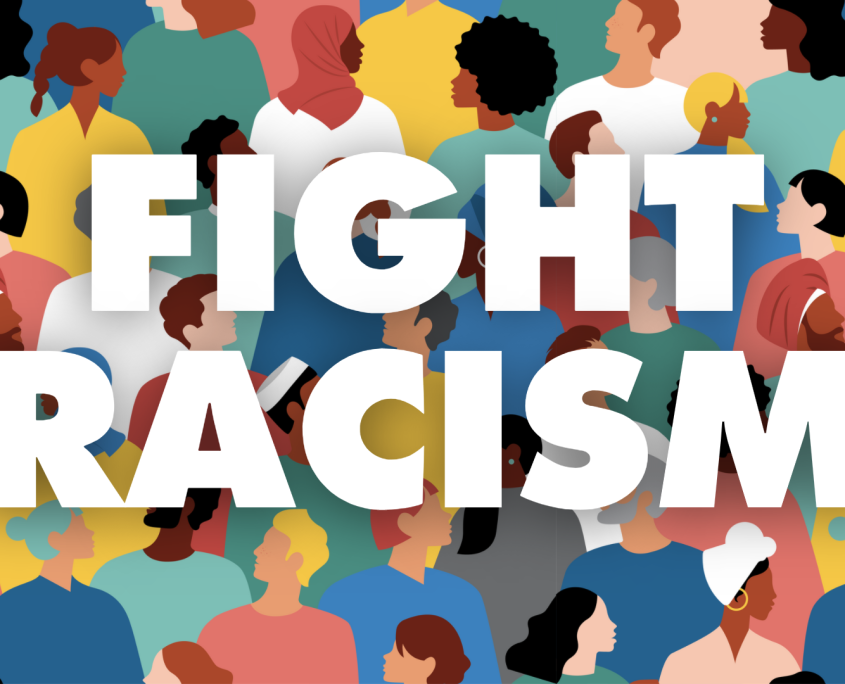The Corrosive Cost of Racial Politics: How Race-Based Governance Destroys Nations from Within
Racial politics—where power, resources, and rights are systematically allocated along racial or ethnic lines—almost always begins with the promise of correcting historical injustice. In practice, however, it hardens into a permanent system of privilege for some and disadvantage for others. Over time, this does not heal old wounds; it creates new ones that bleed a country dry socially, economically, and politically. History is littered with examples—some catastrophic, others slow-burning—showing that once a government makes race the primary organizing principle of the state, decline becomes nearly inevitable.
1. Social Cohesion Collapses
When the state itself declares that citizens are fundamentally different and deserve different treatment because of their race, ordinary human relationships become poisoned. Trust between groups erodes. Friendships across racial lines feel politically charged. Intermarriage rates drop. Schools, neighborhoods, and even sports teams self-segregate.
Real-world outcomes:
- Rwanda (1994): decades of colonial and post-colonial policies that privileged Tutsis, then flipped to privilege Hutus, culminated in the genocide of roughly 800,000 people in 100 days.
- Yugoslavia (1990s): Tito’s careful ethnic balancing act gave way to racialized nationalism after his death; the country shattered into seven pieces accompanied by ethnic cleansing and hundreds of thousands dead.
- Malaysia (1969–present): the 1969 race riots killed hundreds and led to the New Economic Policy, explicitly designed to raise Malay economic share. Fifty-five years later, surveys still show the highest levels of racial polarization in daily life among major multiracial countries. A 2023 Merdeka Center poll found that only 34 % of Malaysians felt “close” to citizens of other races, one of the lowest figures in Southeast Asia.
2. Economic Growth Is Sacrificed on the Altar of Racial Quotas
Racial politics distorts every market signal. Contracts, university places, licenses, loans, and promotions are no longer awarded primarily on merit or need, but on racial certificate. The result is systemic inefficiency and brain drain.
Documented effects:
- Malaysia’s Bumiputera policy requires 30 % Malay ownership in many sectors and racial quotas in public universities. A World Bank report (2021) estimated that removing ethnic discrimination in education and hiring alone would increase GDP per capita by 6–10 % within a generation. Instead, the country has lost an estimated 1.5–2 million non-Bumiputera professionals since 1970—mostly Chinese and Indians—who emigrated to Singapore, Australia, and elsewhere, taking their skills and capital with them.
- South Africa’s Black Economic Empowerment (BEE) program, intended to redress apartheid, has been captured by a tiny politically connected black elite while unemployment among black youth remains above 60 %. Corruption scandals around BEE tenders have cost the economy hundreds of billions of rand.
- Zimbabwe’s “indigenization” laws forcing white-owned businesses to transfer majority shares to black Zimbabweans triggered capital flight, hyperinflation, and the collapse of what was once Africa’s breadbasket.
When talented citizens of the “wrong” race realize the ceiling is unbreakable no matter how hard they work, they leave. The country is then governed and managed by whoever remains—often the mediocre children of the privileged group—while the best talent builds someone else’s economy.
3. Institutions Rot and Corruption Flourishes
Racial politics requires constant racial headcounts: civil service hiring quotas, electoral gerrymandering to protect racial majorities in constituencies, judicial appointments balanced by race rather than competence. Every institution becomes a racial fiefdom instead of a national one.
Consequences:
- Merit-based civil services collapse. Malaysia’s public sector is now roughly 80–90 % Malay in a country where Malays are 60 % of the population; efficiency rankings have steadily declined.
- Corruption explodes because contracts and licenses are awarded by racial quota rather than competitive tender. Transparency International’s corruption perceptions index shows almost every country with long-term race-based affirmative action scoring worse than peers at similar income levels (Malaysia 61/180, South Africa 72/180 vs Singapore 5/180 and Botswana 35/180—two multiracial countries that rejected racial quotas).
- Democracy itself becomes a racial census. Politicians campaign explicitly on “protecting our race” rather than policy platforms. Extremists on every side are empowered because moderation is punished as “betrayal of the race.”
4. National Identity Is Replaced by Tribal Identity
A country that organizes itself by race cannot produce citizens who feel loyalty to the nation above the tribe. Patriotism becomes conditional: “I love my country, but only if my race stays on top.” In extreme cases, people cheer when their country loses in international sports or diplomacy if the “wrong” race is in charge.
This fragility is why multi-ethnic states that entrench racial politics either break apart (Yugoslavia, Czechoslovakia under ethnic tensions, Sudan) or survive only through increasing authoritarianism to suppress racial grievances (Malaysia’s decades-long use of the Internal Security Act and Sedition Act to police racial speech).
5. The Trap Is Almost Impossible to Escape
The most insidious part: racial politics creates vested interests that fight to keep the system forever. The privileged group fears losing quotas they have grown dependent on. The disadvantaged groups grow resentful and radical. Politicians on all sides discover that racial fearmongering wins more votes than actual problem-solving. Attempts to phase out racial policies are denounced as “genocide” by one side and “reverse racism” by the other.
Fiji has had four coups since 1987, all driven by fear that indigenous Fijians would lose political dominance to Indian-Fijians. Sri Lanka’s Sinhala-only policies and discrimination against Tamils led directly to a 26-year civil war that killed 100,000 people and wrecked the economy.
Is There Any Success Story?
Almost none that last. Temporary affirmative action (e.g., the United States after the Civil Rights Act, or India’s caste reservations with sunset clauses that are repeatedly extended) can be defended, but when racial preferences become permanent constitutional features, the damage is predictable and severe.
Countries that have thrived despite diversity—Singapore, Switzerland, Canada, Botswana—did so by deliberately rejecting race-based laws and building ferocious meritocracy and shared national identity instead.
Conclusion
Racial politics feels righteous in the beginning. It promises to right historical wrongs quickly. In reality, it institutionalizes those wrongs under a new management. It teaches each generation that their race is their destiny, not their choices or character. The result is a weaker, poorer, angrier, and more corrupt country—often permanently.
Nations recover from war, from natural disasters, from economic collapse. Few ever fully recover from decades of state-sponsored racial division. The longer a country waits to dismantle the apparatus of racial politics, the more painful—and sometimes impossible—the extraction becomes. History is uncompromising on this point: divide a people by race, and you will eventually reap ashes.
Related articles:
1. Unity Government vs Opposition: Who Will Win GE16?
2. But Malaysia Could Become More Conservative If Moderates Stay Silent
3. Is Malaysia Becoming More Conservative — Or Just Louder?
4.Malaysia’s Racial Politics: Are We Stuck Forever, or Slowly Moving Forward?
5. Malaysia Politics Today: A Country That Wants Stability, but Keeps Getting Drama
6. The Legacy of Mahathir’s Policies: The Cost of National Unity
7. The Dangers of PAS’s Religious Political Agenda: Malaysia at a Crossroads
8. The Grave Dangers of Merging Politics and Religion: A Fatal Threat to Pluralistic Societies
9. Those who always use race and religion issues to seek political gains are morally corrupt leaders
10. A New Political Future for MCA, MIC, and Gerakan: Dissolution, Rebirth, and the Dangers of Any Alignment with PAS
11. Putting National Interest First: Reject Extremism and Rebuild Malaysia’s Future

